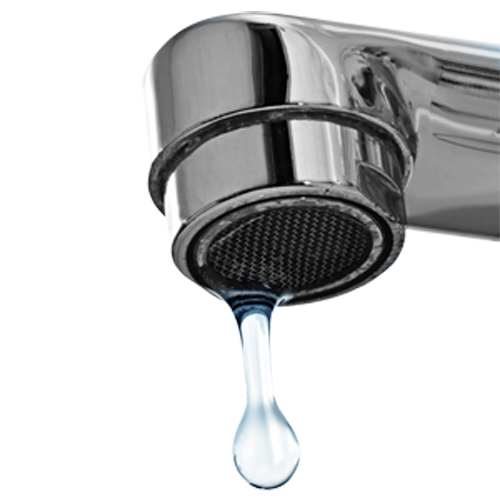The prostate is a small gland only found in men. With age, it becomes enlarged and can lead to benign prostatic hyperplasia.
The prostate: a gland that becomes enlarged
The prostate is a small gland located underneath the bladder and is part of a man’s urinary system. It surrounds the urethra, the passage that drains urine from the bladder. With increasing age, the prostate can become enlarged, exerting pressure on the urethra and making urination more difficult. This condition is called benign prostatic hyperplasia (BPH).
BPH is a very common health issue in men. It is related to the normal aging process and its risk of occurrence increases with age. Symptoms of BPH rarely appear before the age of 40, but affect roughly 50% of men over 60 and 80% of men over 80.
Rest assured! This condition is considered “benign”, as it is unrelated to prostate cancer and does not increase the risk of having it.
Signs and symptoms of BPH
BPH is primarily associated to difficulty urinating. A man can have an enlarged prostate for a fair amount of time without presenting symptoms. Symptoms appear gradually. Here are some examples:
- frequent need to urinate, especially at night
- the feeling of incomplete bladder emptying after urination
- the need to stop and start urinating again several times
- post-urination discharge
- delay or hesitation before starting to urinate
- the need to strain before starting to urinate, and
- a weak urinary stream
If you experience some of the above-listed symptoms, this is not necessarily indicative of BPH. Other medical problems are associated to these symptoms. Therefore, it is preferable to see a doctor to obtain the right diagnosis.
If you are unable to urinate at all, this may be indicative of a more serious problem. If this occurs, see a doctor promptly.
In order to make a diagnosis, your doctor may ask you to complete a questionnaire concerning your symptoms and urinary habits. He/she will probably consider doing a physical and rectal exam. Additionally, a blood sample analysis may be necessary to exclude other possible diagnoses, such as a urinary infection or prostate cancer.
Measures to alleviate symptoms
You can alleviate your symptoms by making some lifestyle changes. Here are some tips:
- Avoid drinking fluids after 7:00 p.m.
- Reduce caffeine consumption (tea, coffee, soft drinks, etc.).
- Limit your alcohol consumption.
- Avoid things that promote constipation, which can exert pressure on the bladder and promote BPH symptoms. If you have a problem with constipation, speak to your pharmacist to find a solution.
- Some prescribed or over-the-counter drugs may worsen BPH symptoms. This is the case, among other things, for drugs used to relieve cold or allergy symptoms. Always ask the advice of your pharmacist before taking any medication.
Medical treatments for BPH
The treatment of BPH isn’t always necessary or recommended. A mild and non-disruptive case of BPH may not worsen. In this instance, the doctor will adopt a wait-and-see approach, that is, you will monitor the situation together. Treatment is only considered when manifestations of BPH escalate and compromise health, well-being or quality of life.
Prescription drugs
There are currently two main categories of prescribed drugs. The first category includes alpha blockers. These drugs relax the muscle tissue of the prostate and the bladder neck, facilitating urination. They have no effect on prostate size, but help to better control symptoms. Their beneficial action can usually be felt within two weeks.
The second drug category, 5-alpha-reductase inhibitors, decreases hormone activity such as testosterone, which promotes an enlarged prostate. It sometimes takes six months to a year of continuous treatment before a beneficial effect is noted.
A combination of drugs from both categories is sometimes used to maximize the effects of the treatment.
Other drugs can also be used to control symptoms. Regardless of the treatment prescribed, your pharmacist can inform you of the mode of action, desired effects, side effects, warnings and precautions and how they should be used.
Surgery
If medical treatment fails to relieve your symptoms, you may need to consider surgery. There are several different types of procedures available. Speak to your doctor for additional information on the subject.
Don’t hesitate to speak to your pharmacist if you have any questions about benign prostatic hyperplasia and its treatments.

